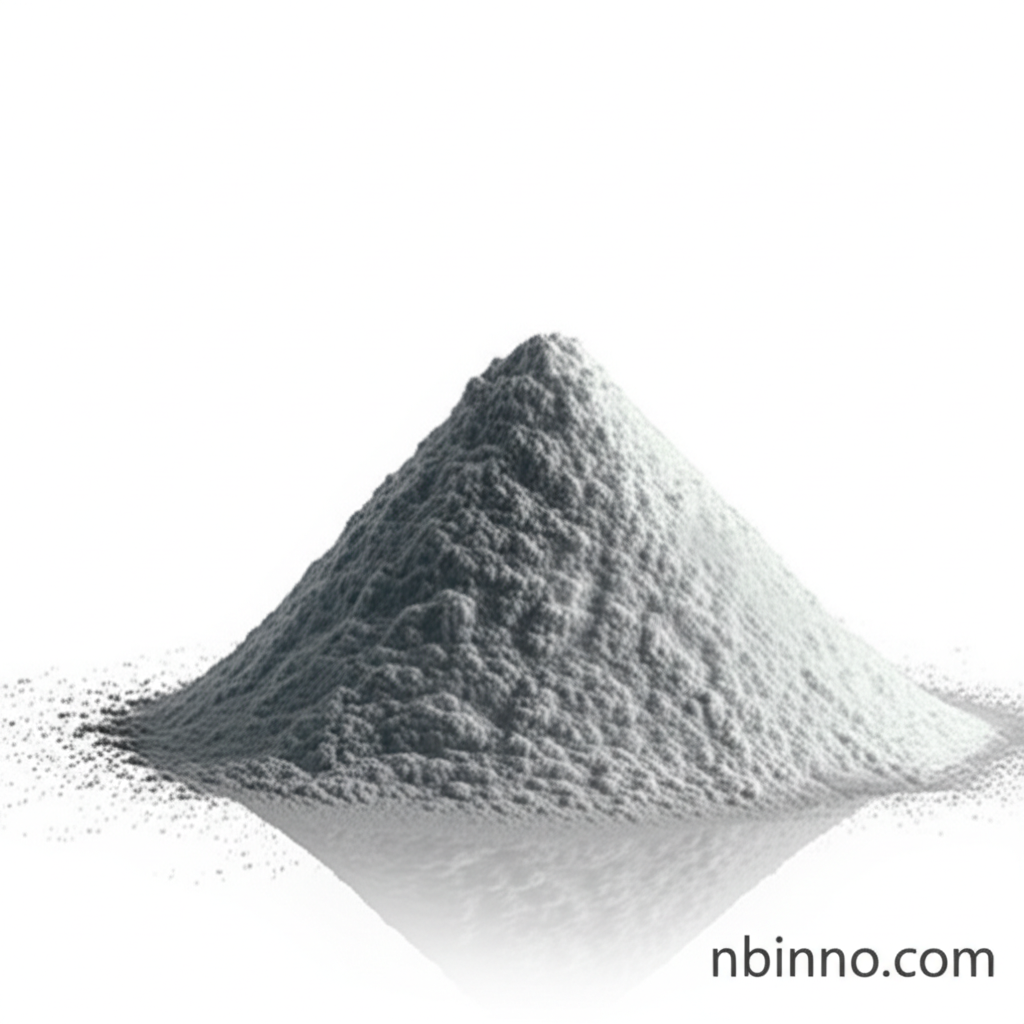Streptomycin Sulfate: A Comprehensive Overview
Discover the critical role of this powerful antibiotic in fighting severe infections and its applications in biotechnology.
Get a Quote & SampleProduct Core Value

Streptomycin Sulfate Powder
Streptomycin Sulfate Powder is a highly effective aminoglycoside antibiotic, vital for treating a range of severe bacterial infections that are often resistant to other treatments. Its efficacy extends to critical diseases like tuberculosis, plague, and brucellosis, making it an indispensable component of global health strategies.
- Leverage streptomycin sulfate for tuberculosis treatment to combat this persistent global health challenge.
- Explore the diverse applications of streptomycin sulfate in cell culture to prevent microbial contamination and ensure experimental integrity.
- Understand the streptomycin sulfate mechanism of action, which involves inhibiting bacterial protein synthesis at the 30S ribosomal subunit.
- Learn about the potential streptomycin sulfate side effects and how they are managed to ensure patient safety during treatment.
Key Advantages
Broad-Spectrum Efficacy
This antibiotic offers broad-spectrum efficacy against various Gram-negative bacteria and mycobacteria, crucial for addressing complex infections like plague and tularemia.
Biotechnology Applications
Beyond its medical use, streptomycin sulfate is invaluable in biotechnology for protein purification and as a selective agent in cell culture media, aiding research and development.
Established Medical Use
With a long history of use, streptomycin sulfate is a well-established treatment option, particularly in cases where other antibiotics are ineffective or resistance has developed, such as in treating tuberculosis.
Key Applications
Medical Treatment
Primary use as an antibiotic for severe bacterial infections including tuberculosis, plague, brucellosis, tularemia, and endocarditis.
Cell Culture
Used in combination with penicillin to prevent bacterial contamination in eukaryotic cell cultures, ensuring cell line viability and experimental accuracy.
Protein Purification
Aids in removing nucleic acids and associated proteins from biological extracts by binding to ribosomes and precipitating them from solution.
Pesticide Use
Applied in agriculture to control bacterial diseases in crops, notably fire blight on apple and pear trees.
